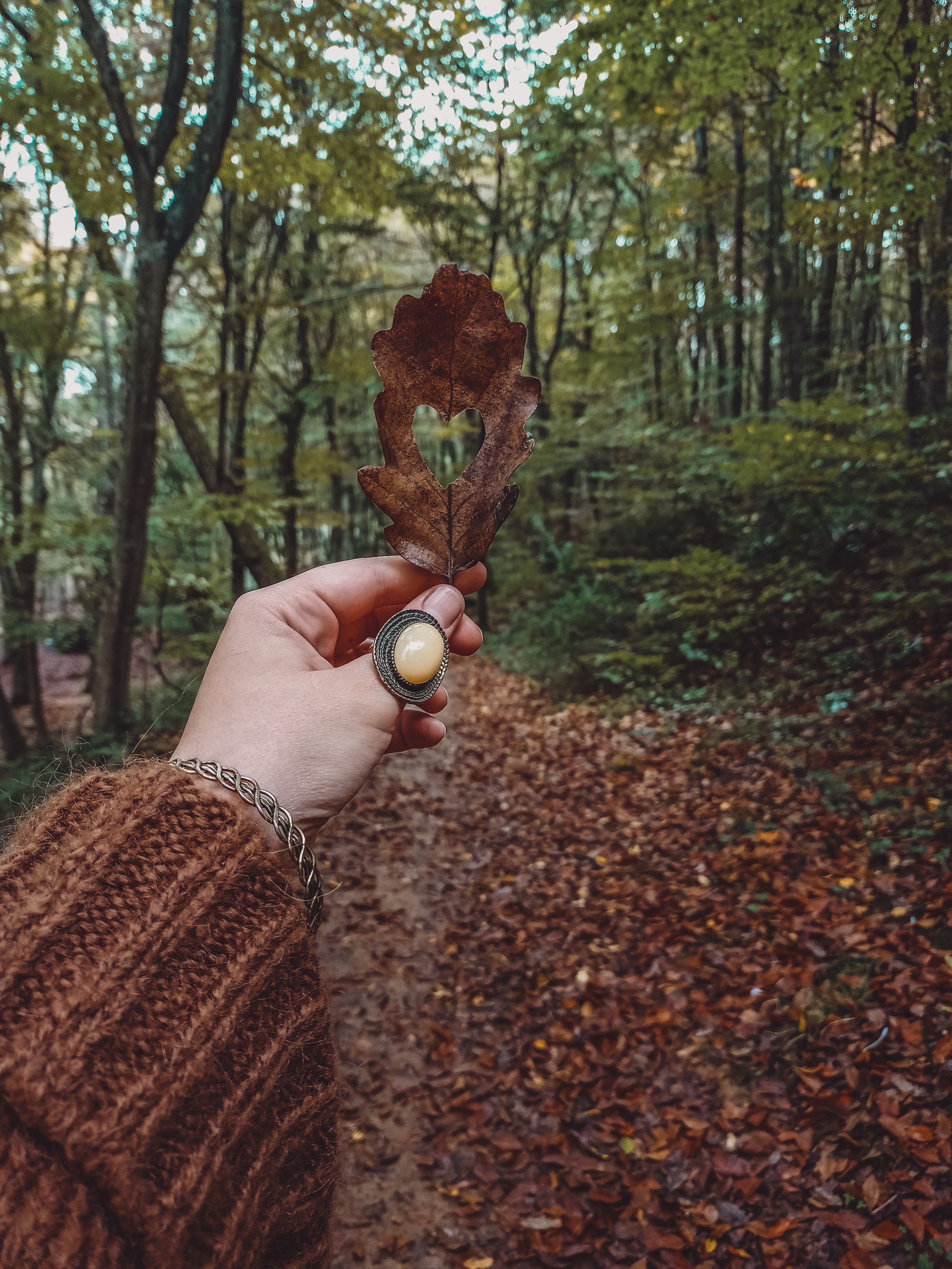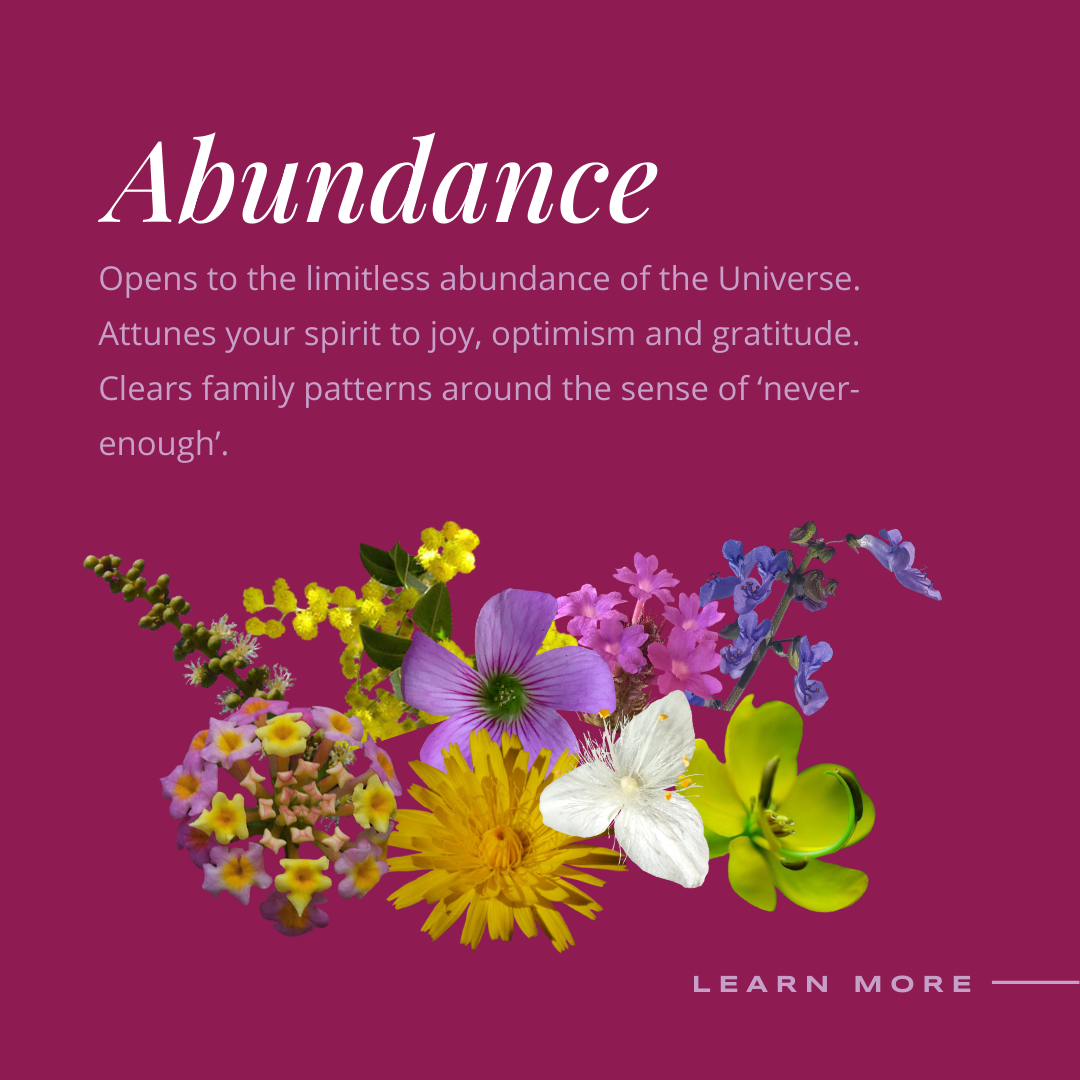An Attitude of Gratitude
Before I get out of bed each morning my aim is to start with a gratitude practice, considering what and whom I feel thankful for in my life, my day, even in that moment. I have been doing this practice off and on for the last few years, and what I realise is that when I actually feel grateful and give the practice some energy (rather than just passing thoughts of gratitude as I pull myself out of sleep), I feel better. I don’t wake up and get irritated that the milk was left on the bench, or that it’s too cold, too hot, too rainy or that I have a ‘to do’ list as long as my arm. I feel more equanimity, not just in the mornings, but across my day.
Studies looking into gratitude bear out this effect. In the short-term gratitude practice can lead to an improved mood and increased mindfulness. The long term benefits, bring with it all the values of practicing gratitude, which can include:
Improved physical health. People who practice gratitude reported feeling less aches & pains and are more likely to look after their health (Morin, 2014).
Gratitude can increase sleep quality (Jackowska, 2016).
Improved psychological health. A three-month gratitude journal trial found that participants found things to be grateful for and were able to express their gratitude more readily, both of which had positive impacts on wellbeing, mood, and depression (O’Connell, O’Shea, & Gallagher, 2017).
Reduced aggression and greater empathy for others (Modin, 2014).
Improved mental strength, which helps overcome trauma and increase resilience to stressful situations (Modin, 2014).
Gratitude has also been shown to increase our self-esteem and positive emotions (Amin, 2014, Rash, Matsuba, & Prakachin, 2011).
Gratitude isn’t just about how good we feel either. It can enhance relationships and promote connection with others (Kumar, 2022). The Dali Lama said during a visit to the US “Be kind whenever possible; it is always possible”. We have countless opportunities across the day to practice kindness and express gratitude to others, yet often hold back. From a social perspective, it is frequently the case that people underestimate the benefit of expressing gratitude to others, and unfortunately overestimate the cost of doing so. Studies show that people like and value being thanked. Unfortunately, the impact of such expressions of gratitude are undervalued and held back as a result. For me, writing this article is a reminder to express my gratitude more widely, not just from the comfort of my bed!
From my perspective, there are two key elements to gratitude practice; the first is really engaging in feeling and expressing gratitude, the second is practice! Practicing builds the longer-term effects of gratitude rather than just the immediate benefits. To start with I needed a routine to journal about gratitude daily, but then it became part of the rhythm of my life and I spent time across the day contemplating how I felt grateful and practiced gratitude in practical ways, like thanking others and taking time to just enjoy moments – the feeling after completing a Pilates class, having hugs with my dog, enjoying my morning coffee, delighting in catching up with friends unexpectedly, working with my Mum and sister etc….and when I fall out of that rhythm, I notice it, which is a reminder to get back into practice again.
Gratitude to
Gaia
What elements of nature are you grateful for and why?
Gratitude practice comes in many different forms; gratitude meditation or contemplation, a gratitude journal, reading about gratitude, using a gratitude app, telling others how grateful you are, even a gratitude jar! If gratitude practice is new to you but you are unsure about how to start, below are some prompts you can use (from Positive Psychology, Steinhilber, 2015). If, like me, it is something you practice off and on, this might be just the reminder you need to get back into it.
List three to five small ways that you can share your gratitude today.
Write about a person in your life that you’re especially grateful for and why. Better yet send them a thank you card or text.
Consider what skills or abilities are you are thankful to have.
What is there about a challenge you’re experiencing right now that you can be thankful for? (Sometimes this is a difficult one but has this experience helped you grow in some way?)
How is where you are in life today different than a year ago–and what positive changes are you thankful for?
What activities and hobbies would you miss if you were unable to do them?
List five body parts that you’re grateful for and why (My short legs which means I can sleep when flying and balance really well :-).
What are you grateful for about the area you live in?
What are you taking for granted about your day to day that you can be thankful for?
List 3 people in your life who are hard to get along with—and write down at least one quality for each that you are grateful for.
What materialistic items are you most grateful for?
Write about the music you’re thankful to be able to listen to and why.
Who has done something this week to help you or make your life easier and how can you thank them?
What foods or meals are you most thankful for? (Banana and chocolate chip ice cream!).
What part of your morning routine are you most thankful for?
What is something you’re grateful to have learned this week?
In addition to these suggestions, flower essences can help support gratitude practice and help tap into thankfulness more deeply. Abundance helps attune to joy, optimism and gratitude and clears patterns around the sense of ‘never-enough’. If you find you can’t settle a busy mind enough to settle into a sense of thankfulness, then Quiet Mind can help to calm racing thoughts and support a meditative state.
So from me to you - thank you for your support, feedback and love. We have been posting about stuff / people / places we feel grateful for on FaceBook this month and we would love to hear from you. Head over to our socials to start sharing your gratitude.



